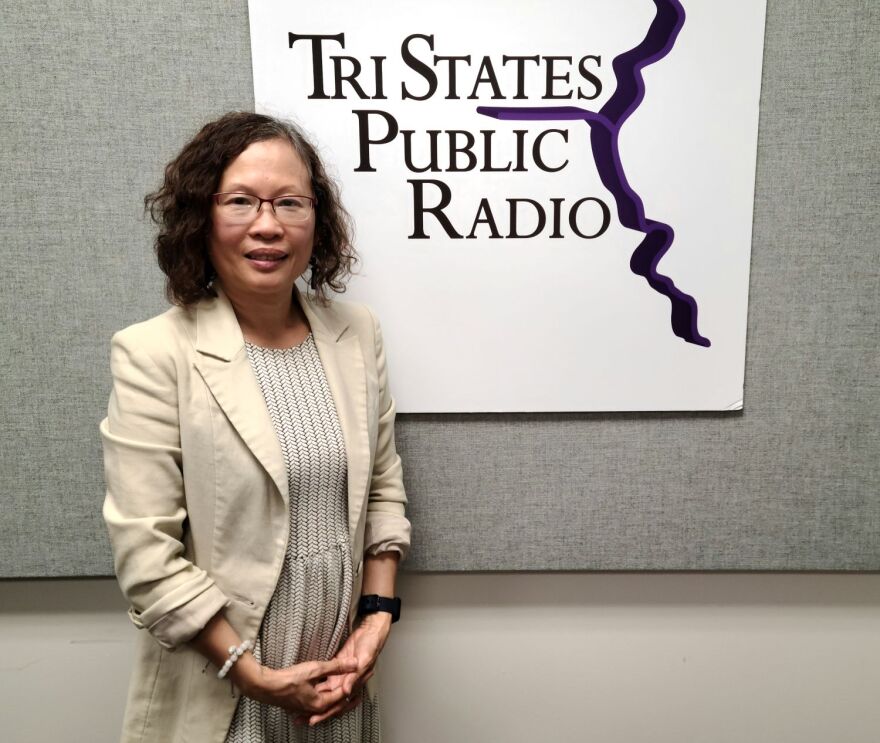I am a historian of women who has research interests in women’s movements in the colonial Philippines. Today, I want to give voice to women in the Philippines during the early decades of the twentieth century, when the Philippines was under U.S. colonial rule.
Scholarly work on Filipino women during the early decades of the twentieth century usually focuses on women from Manila, the capital of the Philippines. Similarly, contemporary sources, especially national newspapers, featured stories about the campaign for women’s suffrage that was led by women in Manila. However, as somebody who grew up outside of Manila, I wanted to know more about the issues that were important to women in the outlying provinces.
Women from various parts of the Philippines were certainly pushing for women’s suffrage as well, but I have wondered: what other issues confronted those women?
A major challenge for anyone who wants to know about the perspectives of women in the provinces is the dearth of first-hand accounts by those women. And if source materials are available, one must be fluent in the local languages. The Philippines encompasses more than 100 languages over 7,000 islands.
In one of my trips to the Philippines, I visited the Rosendo Mejica Museum in Iloilo, in central Philippines. Mejica was the editor and publisher of the Makinaugalingon (Ilonggo for self-reliant), which was the first weekly newspaper in Ilonggo established in 1913.
As a fluent Ilonggo speaker, I read extant copies of the newspaper. In the August 14, 1918 edition, I found a story about a petition by the Women’s Club of Iloilo that was addressed to Charles Emmett Yeater, the American Secretary of the Department of Public Instruction in the Philippines. Yeater was visiting Iloilo when the Women’s Club presented the petition. Composed of women who belonged to prominent families, the club was more than a venue for social gathering. The petition described the lives of women from working poor families, whom elite women had come to know as domestic workers.
The petition focused on the struggle of the working women, who had to pay school fees for their children. That struggle led these women to borrow money that they could not repay, which ensnared them in debt and “enslaved” them to their creditors.
By petitioning Yeater to eliminate tuition fees and other school fees in secondary schools, the club women spoke on the behalf of the working women. The club women invoked motherhood, particularly the working women’s performance of their duty as mothers to the next generation, to argue that the American colonial government should provide free education for all students.
The petition also depicted the citizenship of women and the importance of education in a democracy.
Today, women around the world continue to face various challenges, including economic inequality and barriers to education. According to the United Nations organization UN Women, working mothers are disproportionately affected by school closures, and many women are forced to choose between paid work and child care.
Globally, some 119 million girls are unable to attend school due to socio-economic and cultural barriers. Closer to home, a 2020 report of the Illinois Council on Women and Girls indicated that although progress has been made in educational and equity outcomes within Illinois, the workplace still presents an uneven playing field for women.
In summary, aside from highlighting historical socio-economic issues that faced working women and working families, my commentary draws attention to provincial archives as important sources for capturing the voices of women’s public activism during the American colonial period in the Philippines.
Relating this to Macomb, I think about the Western Illinois University Archives and the Western Illinois Museum. Have you visited such places? What can their collections tell us about the experiences and the activism of women in west-central Illinois during the early twentieth century?
This commentary draws from my work titled, “Women and Social Movements in the Philippines during the American empire, 1900-1940,” which is part of Indigenous Women’s Voices in North America, American Empire, and the Global South, 1820-2020: A Syllabus with Documents, published by Alexander Street in 2023.
I would like to thank Pilar Mejica-Martinez and the Rosendo Mejica Museum for giving me access to their collection
Febe Pamonag is a Professor in the Department of History at Western Illinois University.
The opinions expressed are not necessarily those of the university or Tri States Public Radio.
Diverse viewpoints are welcomed and encouraged.


